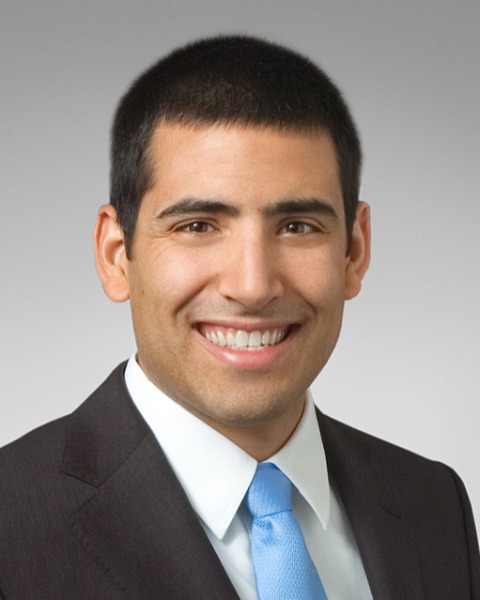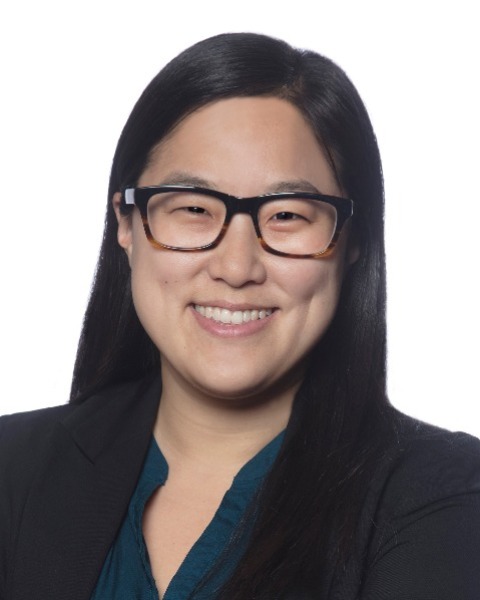Academic and Research Skills
Career Development
Core Curriculum for Fellows
General Pediatrics
Hospital Medicine
Leadership and Business Training
Medical Education
Social Media & Technology
Wellness and Well-being
When the Thumbs-Up Emoji is Not Enough: Etiquette for Effective Written Feedback
-

Claudia Busse, MD (she/her/hers)
Clinical Assistant Professor
Lehigh Valley Reilly Children's Hospital
Allentown, Pennsylvania, United States -

Amy Buczkowski, MD, FAAP (she/her/hers)
Assistant Professor
Maine Medical Center, United States -

Paul Teran, MD (he/him/his)
Associate Professor
Pediatrics
University of Kansas School of Medicine - Wichita
University of Kansas School of Medicine - Wichita
Wichita, Kansas, United States -

Heidi Szugye, DO, IBCLC, FAAP (she/her/hers)
Medical Director of Breastfeeding Medicine, Assistant Professor of Pediatrics
Cleveland Clinic Children's
Cleveland Heights, Ohio, United States -
PG
Peter Gilbreath, MD
Dell Medical School at UT Austin
Austin, Texas, United States -

Kathleen Rooney-Otero, MD, MPH (she/her/hers)
Pediatric Hospitalist
Nemours Children's Health
Orlando, Florida, United States -

Vivien Sun, MD, MPhil (she/her/hers)
Clinical Assistant Professor
Pediatrics
Stanford University School of Medicine
Stanford University School of Medicine
Stanford, California, United States -
EP
Elisa Phillips, MD (she/her/hers)
Pediatric Hospital Medicine Fellow
Stanford University School of Medicine
REDWOOD CITY, California, United States
Leader(s)
Co-Leader(s)
Workshop
Description: Written feedback, when used appropriately, is a valuable and convenient supplement or alternative to verbal face-to-face feedback with similar effectiveness (1,2). Formative feedback is essential in medical education for learner growth (3,4). Yet, clinician educators face barriers to delivering timely and effective verbal feedback, such as time constraints, competing patient care demands, and asynchronous interactions with learners. This interactive workshop will demonstrate how and when written feedback can be a useful tool for delivering formative feedback to amplify learner clinical and professional development. Participants will explore components that optimize written formative feedback including learner, facilitator, situational and content characteristics. Participants will apply a framework to write and critique written feedback for a variety of scenarios. Through this workshop, participants will be able to take home a practical written feedback toolkit for use at their clinical institutions.
References:
1)Elnicki et al. Oral Versus Written Feedback in Medical Clinic. Journal of General Internal Medicine. December 2001. 13(3); 155-158. https://doi.org/10.1046/j.1525-1497.1998.00049.x
2)Jackson et al. The Quality of Written Feedback by Attendings of Internal Medicine Residents. Journal of General Internal Medicine. February 2015. 30; 973-978. https://doi.org/10.1007/s11606-015-3237-2
3)Bing-You et al. Feedback for Learners in Medical Education: What is Known? A Scoping Review. Academic Medicine. September 2017. 92(9); 1346-1354. https://doi.org/10.1097/ACM.0000000000001578
4)Kornegay et al. Feedback in Medical Education: A Critical Appraisal. AEM Education and Training. January 2017. 1(2); 98-109. https://doi.org/10.1002/aet2.10024
Learning Objectives:
- Upon completion, participants will be able to appraise when written feedback may be appropriate and inappropriate.
- Upon completion, participants will be able to strategize how to prepare learners to effectively receive written feedback.
- Upon completion, participants will be able to apply a framework to create written feedback that is objective, specific, actionable, free of bias, and fosters a growth mindset
